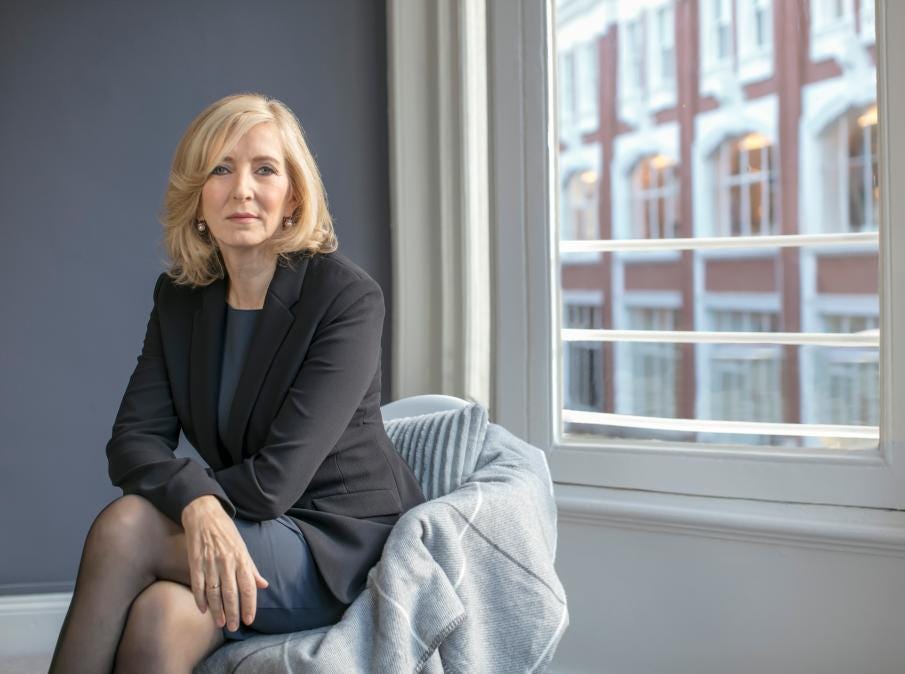European Ombudsman: who is Emily O'Reilly, the ethics cop of European politics?
The hero we need, but not the hero we deserve. Who is the Irish European "Ombudsman"? And what is her job as the European watchdog?

A Swedish word to describe one of the most important top jobs in Brussels? It’s Europe after all. The word Ombudsman means, in Swedish, means representative, protector, or mediator. In northern countries, where it originates, the Ombudsman is a representative of the people, tasked to preserve the right of those she represents.
In general, Wikipedia reads, an ombudsman is a state official appointed to provide a check on government activity in the interests of the citizen and to oversee the investigation of complaints of improper government activity against the citizen.
The role resembles the one of a tribune in ancient Rome: a delegate of the people would use its public figure to defend the unfortunate against the all-powerful noble families.
What about the European Ombudsman?
The European Ombudsman position was established by the Maastricht Treaty in 1992. The current holder of the position, Emily O’Reilly, knows her job well, as she has been Ireland’s Ombudsman.
The European Ombudsman investigates claims by European individuals or companies against incidents of bad administration by bodies or institutions of the European Union.
Emily O’Reilly has been at this job since 2013, reelected in 2014 and 2019 for five additional years by the European Parliament. The website of the Ombudsman office claims that O’Reilly “believes that the European Union already has high administrative standards however needs to set the 'gold standard' in terms of public administration and in its interaction with citizens”.
Why is it important?
The Commission’s secret text messages
During the pandemic, as Europe received doses of COVID-19 vaccines, O’Reilly started to inquire into text messages of the President of the European Commission, Ursula von der Leyen.
In an interview during this period, von der Leyen publicly claimed that she kept in touch with the CEO of pharmaceutical companies (including Pfizer’s) via text messages. In addition, it was revealed that the head of the Commission negotiated, or at least discussed the terms of the vaccine purchase contracts between Pfizer and the European Union.
The European Parliament and journalists drew O’Reilly’s attention to the matter, arguing that such sensitive information must be made available to the public, or at least face the scrutiny of journalists and interested public bodies.
The content of these text messages remains, to this day, secret. The Commission argues that they were deleted after a while, as they did not contain any important information.
Yet, the Ombudsman is now campaigning for the Commission to adopt stricter rules when it comes to text messages. A story to follow closely.
An ex-Commissioner’s violation of ethics rules
More recently, the Uber Files shook the world thanks to the revelations from a former to-executive from the transportation-on-demand company. They revealed that former Commissioner Neelie Kroes has been helping the company influence policymakers, despite being in her “cooling off” period.
For 18 months, former Commissioners (the EU “ministers”, if you will) must not engage in activities related to their former assignments within the Commission. Yet, Kroes seems to have actively engaged with Uber.
According to Emilly O’Reilly, “there is little monitoring” on the respect for “cooling off” rules, POLITICO reported.
You know it by now: with The Beubble, I try to make European politics accessible to the general public. In a way, this newsletter is my personal equivalent of what the European Ombudsman does.
So help a fellow European: share this newsletter with a friend who would like to understand more about Europe and its fabulous political world.




